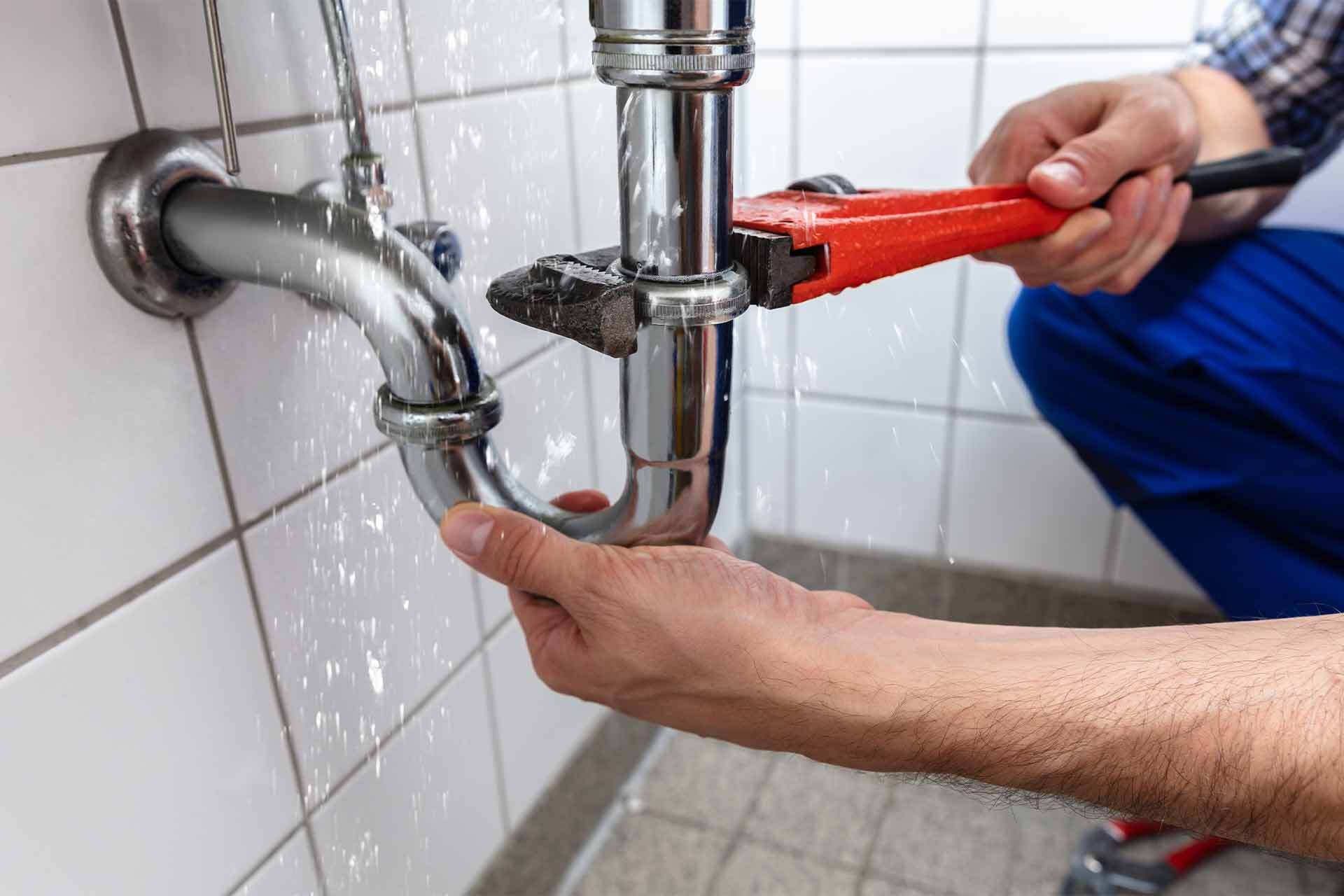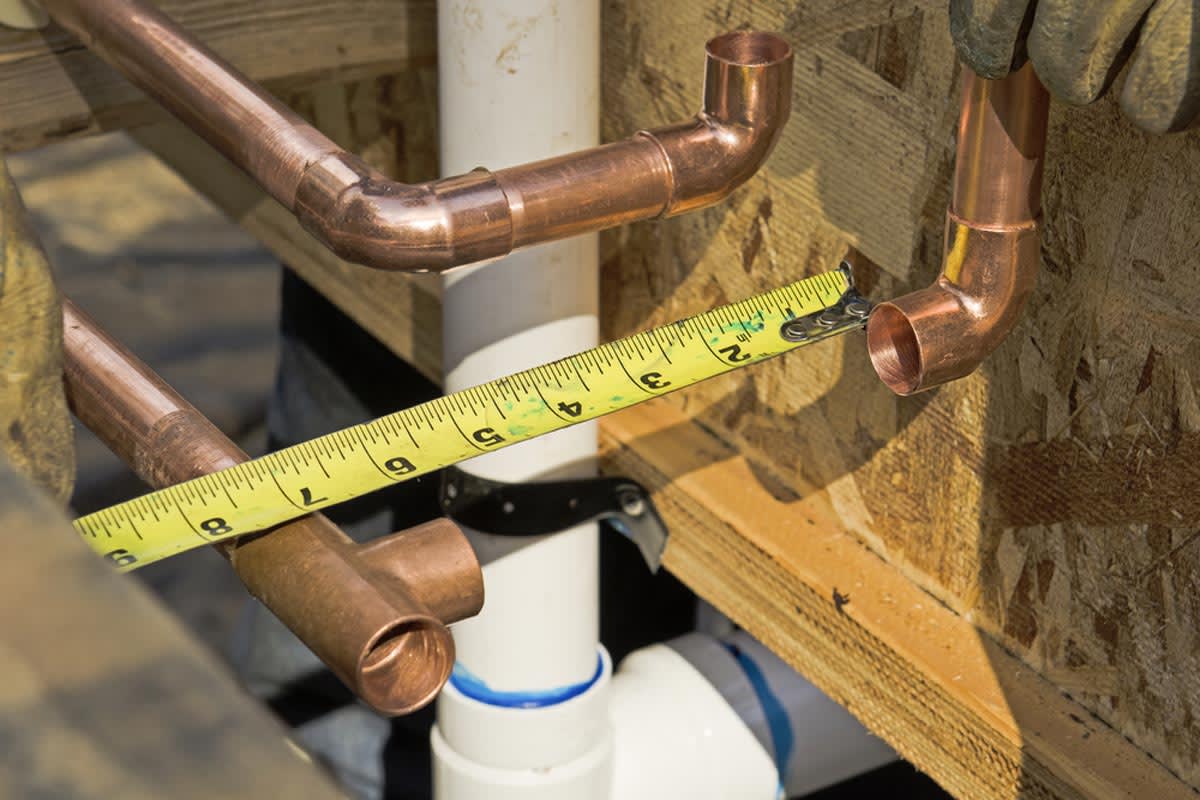Beginner's Guide to Proper Bathroom Plumbing Care
Beginner's Guide to Proper Bathroom Plumbing Care
Blog Article
Everyone has got their own unique perception involving General Plumbing Tips for New Homeowners.

For brand-new home owners, understanding and preserving washroom pipes can conserve both money and time by preventing costly issues down the line. Here are some crucial bathroom pipes tips to help you keep everything running smoothly.
Familiarize Yourself with the Main Shut-Off Valve
Knowing where the main water shut-off valve is located in your house is essential. This enables you to rapidly shut off the supply of water in case of major leaks or throughout plumbing emergencies, preventing considerable water damages.
Consistently Evaluate for Leakages
Little leakages can result in big troubles. Routinely inspect under sinks, around commodes, and near plumbing fixtures for any type of indicators of leaks. Search for dampness, small drips, or corrosion. Capturing and repairing leaks early can protect against extra severe damage and save water.
Don't Overlook Slow Drains
If your sink or bathtub is draining pipes gradually, it's typically an indicator of a blockage forming. Resolving this early can protect against a full obstruction. Utilize a plunger or a plumbing professional's snake to remove debris. Stay clear of utilizing chemical drain cleaners as they can harm your pipelines in time.
Know What Not to Flush
Toilets are not waste disposal unit. Avoid flushing anything aside from toilet paper and human waste. Things like wipes, feminine health products, and cotton bud ought to be taken care of in the garbage to prevent obstructions and sewer back-ups.
Mount Strainers in Drains
Area strainers in your sink and tub drains to capture hair and other debris prior to they enter your plumbing system. Cleaning the strainers regularly will assist prevent build-up and maintain water streaming easily.
Maintain Your Water Heater
Ensure your hot water heater is set to a proper temperature (commonly around 120 levels Fahrenheit) to stop scalding and minimize power use. Flush the container yearly to get rid of sediment accumulation, which can lower the efficiency and life expectancy of your heater.
Update Your Components
If your home has older components, consider updating to more efficient designs. Modern bathrooms, showerheads, and faucets are created to make use of less water while offering great pressure, which can considerably lower your water costs and environmental footprint.
Be Cautious with Do It Yourself Plumbing Repair Works
While it's appealing to manage all home fixings on your own, be cautious with plumbing. Some problems could require professional expertise, especially if they involve main water lines or sewer fixings. Working with a professional can sometimes be more cost-effective than DIY, especially if it prevents additional damage.
Get Ready For Cold Weather
Protect your pipes from cold throughout cold weather by insulating pipes in unheated locations like basements, attic rooms, and garages. Throughout severe cool, allow cold water drip from taps offered by revealed pipelines to assist stop freezing.
Arrange Routine Maintenance
Think about scheduling annual inspections with a qualified plumbing. They can find problems that you may miss out on, such as concealed leaks or deterioration on pipelines and components. Normal upkeep aids extend the life of your plumbing system and can avoid emergencies.
Verdict
Recognizing and keeping your home's washroom pipes can protect against several typical concerns. By adhering to these necessary ideas, you can ensure your bathroom stays functional and reliable, saving you time and money in the future.
5 Plumbing Tips for First-Time Homeowners
Know How to Shut Off the Water
In most homes, the water can be shut off at two places: at the appliance or fixture itself, and for the whole house. For instance, look under your sink or behind the toilet. See those little knobs that connect with the pipes? Those are the shut off valves for those fixtures. Simply turn them until the water is off. The main shut off valve (which controls water throughout your entire home) will be outside, where the water feeds into the structure. You might need a dedicated tool, such as a water shut-off key, to shut off the water at the main.
Build an Emergency Plumbing Kit
Everyone knows how important it is to have a high-quality plunger around the house. But there are other things that can help you out when issues arise with the pipes. Building an emergency plumbing kit to solve issues on your own is part of any list of basic plumbing tips. Consider adding these things to create a basic plumbing kit:
Adjustable wrench Tongue-and-groove pliers Screwdrivers Plumber’s tape Pipe sealant Duct tape Set of hex keys Clip light for working under cabinets Auger and hand snake Do a Little Research
Many small leaks can be handled by replacing a small part of the piping system, tightening part of a faucet, or even changing out an aerator. Take the time to browse how-to articles for common plumbing problems, such as a running toilet or slow-draining sink. You might be surprised to find how easy it can be to do simple things yourself, like replace a valve in the back of the toilet.
Keep it Simple With No Chemicals
If you have a clog, you might be tempted by the promises of liquid drain cleaner. While this might work at first, it actually causes more damage deep in the pipes, eventually creating even more problems down the road.
Instead, try using baking soda and vinegar to create a strong fizzing effect that can help break up clogs and clear gunk from drains. Follow it with boiling water to clean the pipes even more thoroughly.
Take Care of Your Garbage Disposal
Be cautious about what you put down the disposal. Avoid pouring in fats, oils, and grease, as these are a surefire way to get a clog. Beware of certain foods too, such as celery or bones, as they can lodge in the works. Always run the disposal with water flowing.
https://modernize.com/homeowner-resources/other/10-plumbing-tips-for-first-time-homeowners

Start Now Report this page